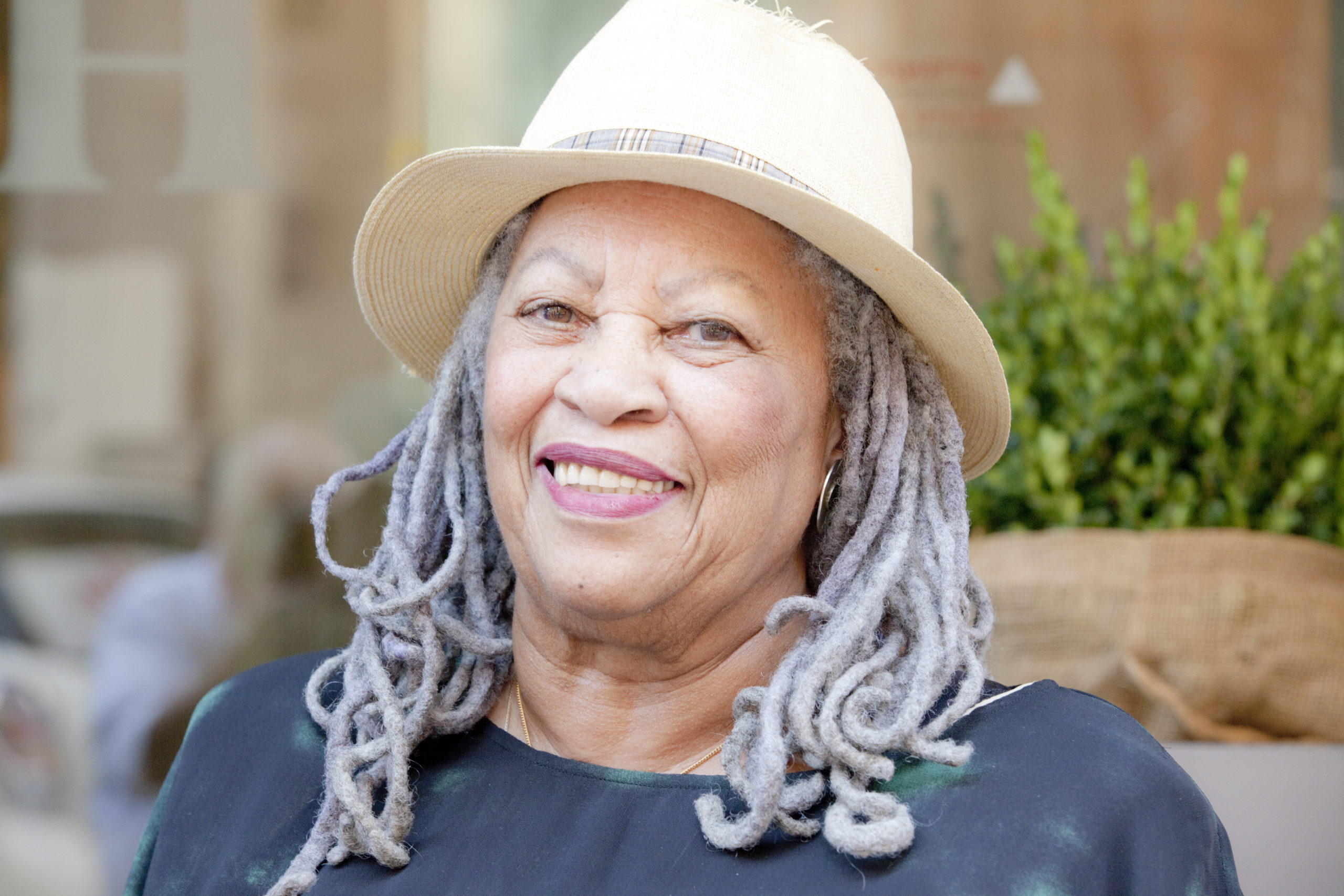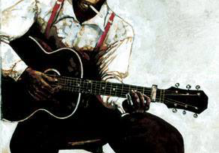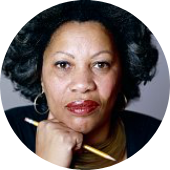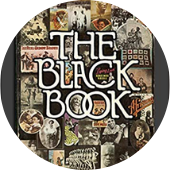In 1926, in Harlem, New York, Langston Hughes published his first volume of poetry, The Weary Blues. And one of the poems in it provides the coda for the summer of 2022's curated blogs:
The rhythm of life
Is a jazz rhythm,
Honey.
The gods are laughing at us.
This is the first stanza of Hughes' "Lennox Avenue, Midnight," and the second-person point of view speaks to readers and listeners directly. The "gods" may comprise a pantheon of figures from African, Egyptian, Greek, Middle Eastern and other traditions, but the emphasis is African in The Jazz Age sense of the 1920's.
Those gods--lower case-- are having fun, making a jest of us mere mortals. It is a blues riff on human fallibility, and also an invitation to commiserate with one another and laugh at ourselves in a collective manner. Here is the full poem, read by a contemporary Harlemite:
Below are some of the choices that represent your suggestions from the Newsletter query I made last month. They have to do with commiseration, laughter, musicality, and love. Participate in the group nature of Toni Morrison!

Voice Upon Voice: The Readers of Toni Morrison is a not-for-profit project. See our Support page for a list of relevant non-profits.
The Hearts of the Matter: 6 Pieces for Your Reading Pleasure
The “Group Nature” of Toni Morrison’s Novels
“My writing expects, demands, participatory reading . . . It’s not just about telling the story; it’s about involving the reader.”—Interview w/ Claudia Tate. But How does Toni Morrison conceive of her reader’s involvement in her work, and why is this so important to her?
Jazz and Literary Improvisation
According to lore, jazz was an amalgamation. In 1894, New Orleans Creoles lost their separate status from African Americans, so Jelly Roll Morton and Sidney Bechet started mixing it up with Buddy Bolden, Joe “King” Oliver, and Louis Armstrong. The birth of jazz was a dialogue. The hallmarks of jazz—however one defines its origins—“are improvisation,…
Empathy, Enough for All
If we are engaged in what happens to the fictional human beings in Beloved, Jazz, and Paradise, we will have emotional reactions to them: we will simulate their experiences. But will we have empathy for them, feel affinity with them? If we are non-African Americans, will we expand our understanding of and compassion for…
“Life is that large”: Blues-Durative Sequences in the Trilogy
This blog invites you on a journey to find “blues people” in Beloved, Jazz, and Paradise and follow the arcs of their blues-durative emotional story structures. (see The Roots of Toni Morrison’s Durative Blues and Emotional Story Structures for more on those concepts). We will explore the following questions with each of the novels: 1. By examining some possible blues-based…
The Roots of Toni Morrison’s Durative Blues
Novels and stories worldwide share prototypical story structures or plots; for instance, Patrick Hogan identifies 3 “universal narrative prototypes”: Sacrifice, Heroism, and Romantic Love, each of which has many variants. Yet in order to comprehend prototypes in African American literature in general, and in Toni Morrison’s work in particular, we have to turn to the…
“Some Genesis time”: the Epilogues framing Morrison’s Trilogy
A mineral scent was in the air; sweeping down from some Genesis time when volcanoes stirred and lava cooled quickly under relentless wind.Wind that scoured cold stone, then sculpted it and, finally, crumbled it to the bits rock hounds loved.The same wind that once lifted streams of Cheyenne/Arapaho hair also parted clumps of it from…










